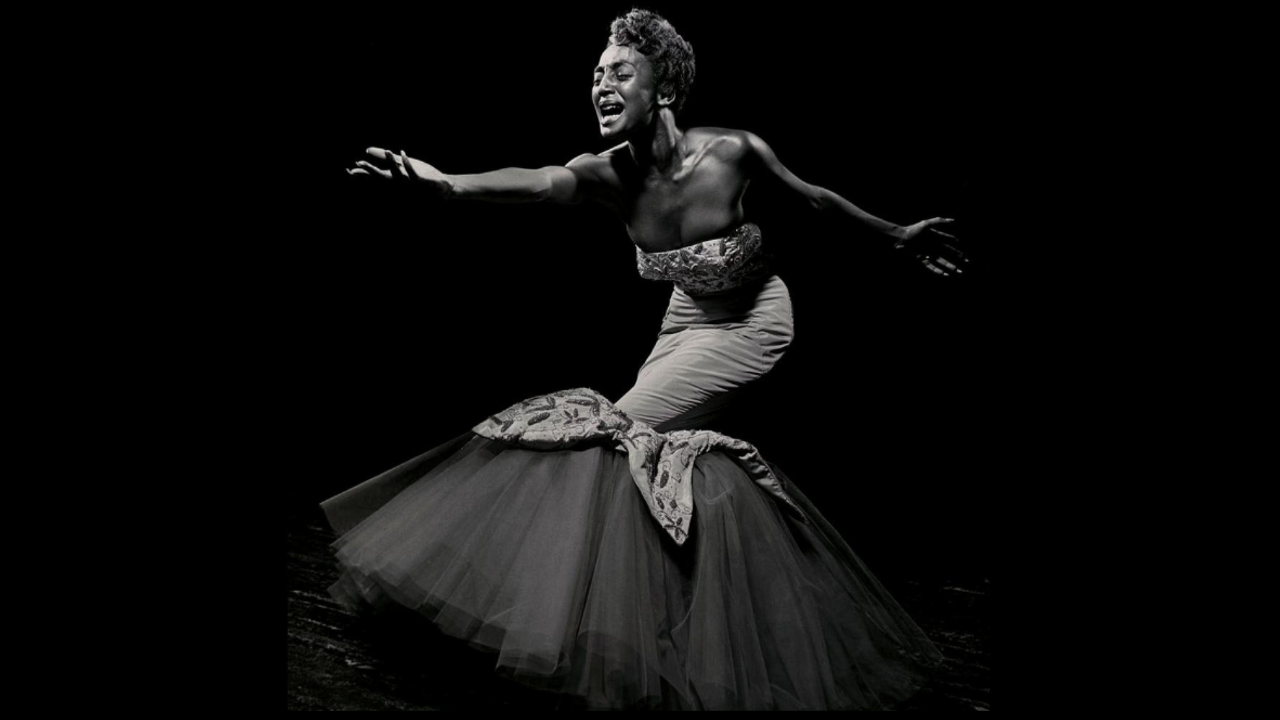
Our America
THE ECONOMICS OF CULTURE
Black American culture created and continues to create enormous economic value across music, fashion, and sports easily hundreds of billions, plausibly multiple trillions cumulatively across 1900–2025 when you add music + fashion + sports + downstream industries (licensing, advertising, sneakers, streetwear, endorsements).
Global recorded music ≈ $29.6B in 2024 (IFPI). U.S. recorded music ≈ $17.1B in 2023 (RIAA). Black-rooted genres (jazz, blues, R&B, gospel, hip-hop/rap) account for ~30% of modern U.S. music revenue (supported by streaming genre-share reports). That gives a modern annual figure of roughly $5B (30% of $17B). Extrapolate backward through growth phases (vinyl/records, radio, live, CDs, streaming) with conservative decay prior to 1950: cumulative estimate $400B – $1.2T over 1900–2025 for value generated by these genres (this includes record sales, live touring, licensing, syncs, publishing, etc.).

a proposal
EXECUTIVE ORDER (EO-001) Establishing a Presidential Bureau of Cultural Economic Rights for Black Americans and Implementing a Global Cultural Tariff on Specified Musical Genres.
By the authority vested in me as President by the Constitution and the laws of the United States of America, and in recognition of the historic and ongoing economic contributions of Black Americans to the cultural wealth of the United States, it is hereby ordered as follows:
Section 1. Purpose.
From 1900 to 2025, Black American culture has generated hundreds of billions, and plausibly trillions, of dollars in global value through music, fashion, and sports. Despite this contribution, the share of wealth retained by Black American creators and their communities has been disproportionately small due to systemic inequities in revenue capture and wealth distribution. This order establishes a permanent mechanism to recognize, protect, and equitably compensate Black Americans for the international use and monetization of cultural assets originating from their community, beginning with specified musical genres.
Section 2. Definitions.
For purposes of this order:
(a) “Black American” means a United States citizen who can verify that all four grandparents were Black Americans, defined as persons identified as Black, Negro, Colored or American Indian in historical U.S. Census records, and whose recorded birthplace or nationality is within the United States.
(b) “Qualifying Individual” means a Black American who:
1. Is 35 years of age or older; or
2. Is under 35 years of age but can demonstrate, via official census, birth, or genealogical records, that all four grandparents meet the definition in subsection (a).
(c) “Covered Genres” means jazz, blues, rhythm and blues (R&B), gospel, rap, and hip-hop music.
(d) “Global Cultural Tariff” means a fee assessed on the commercial use, sale, streaming, or performance of Covered Genres outside the territory of the United States.
Section 3. Establishment of the Presidential Bureau for Black American Cultural Economic Rights.
(a) There is hereby established within the Executive Office of the President the Presidential Bureau for Black American Cultural Economic Rights (“the Bureau”).
(b) The Bureau shall:
1. Oversee the administration of the Global Cultural Tariff;
2. Maintain a registry of Qualifying Individuals;
3. Coordinate with the Department of Revenue and the Department of State for collection of tariff revenues from international jurisdictions and commercial entities;
4. Distribute collected tariff revenues annually to registered Qualifying Individuals;
5. Advise the President and Congress on policies to protect and expand the economic rights of Black Americans in cultural industries.
Section 4. Implementation of the Global Cultural Tariff.
(a) The Department of Revenue, in consultation with the Bureau and the Department of State, shall develop and implement a tariff schedule for the commercial use of Covered Genres outside the United States.
(b) The tariff shall apply to:
1. Physical and digital sales;
2. Streaming services;
3. Live performances;
4. Licensing for film, television, advertising, or other commercial purposes.
(c) The rate of the tariff shall be set to reflect the proportionate global value of Covered Genres, taking into account historical undercompensation of Black American creators.
Section 5. Verification Process.
(a) Census records, vital statistics, and other official documents shall be accepted as verification of ancestry.
(b) The Bureau shall establish procedures for archival research, including assistance to applicants in obtaining historical records.
(c) Fraudulent claims shall be subject to federal penalties.
Section 6. Annual Distribution.
(a) All revenues collected from the Global Cultural Tariff, minus administrative costs, shall be distributed equally among all registered Qualifying Individuals annually.
(b) Payments shall be made directly to the qualifying recipient’s designated account through the Department of Revenue.
Section 7. Reporting.
The Director of the Bureau shall submit an annual report to the President and Congress detailing tariff revenues collected, distributions made, and any recommendations for improving cultural economic protections.
Section 8. Exective Date.
This order shall take effect immediately upon signature and implementation shall commence within 12 months.
